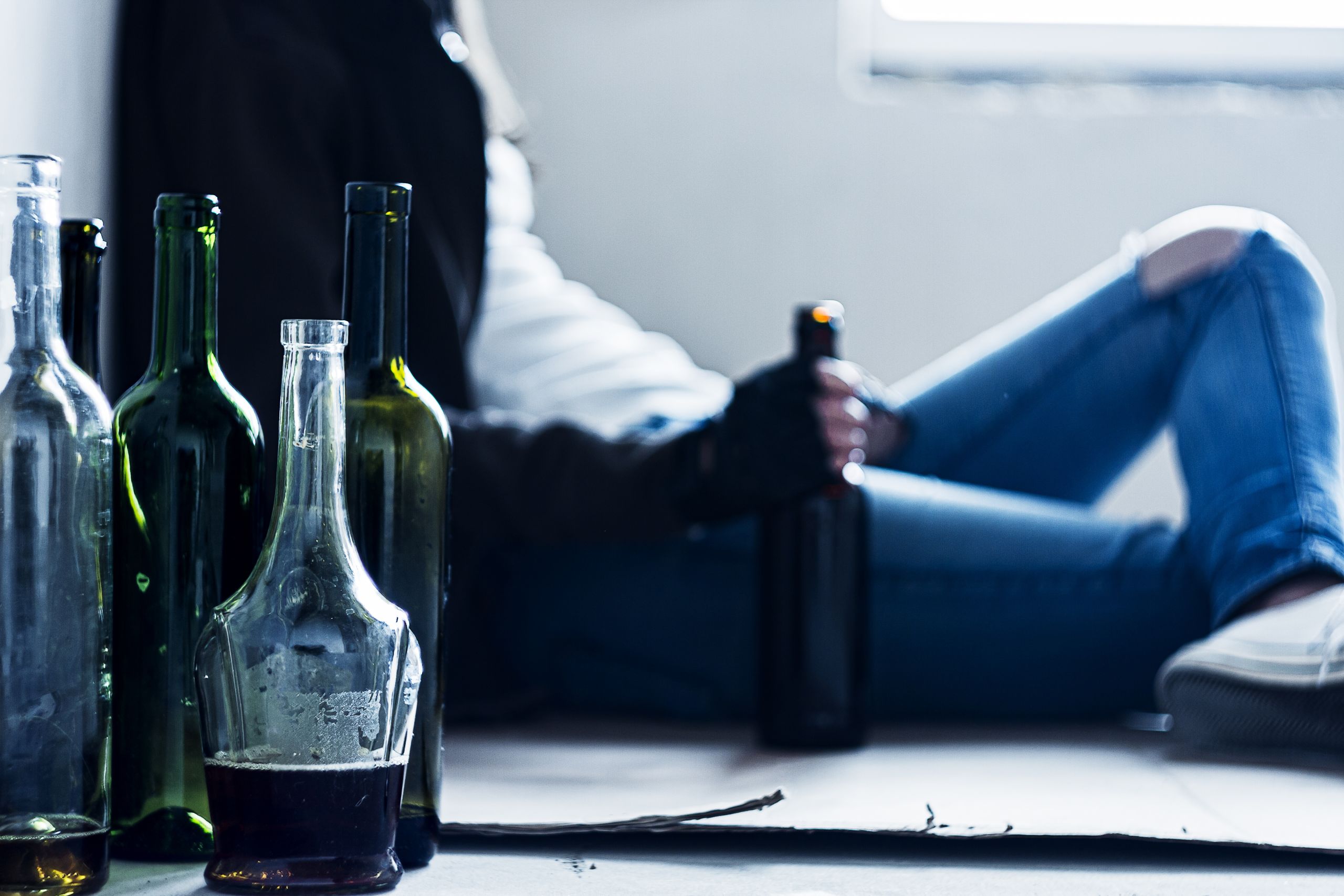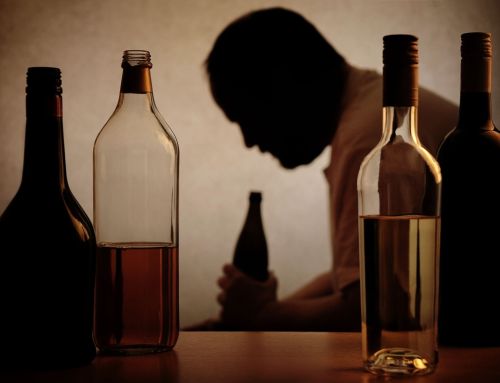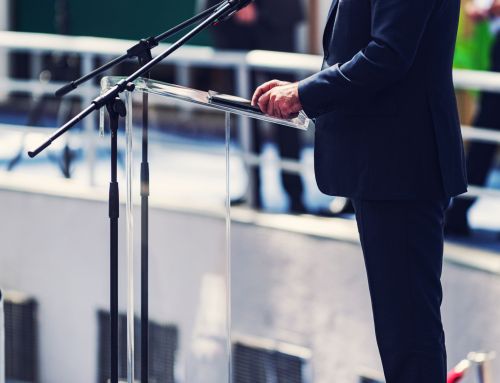
A (Really) Brief History of Alcohol Abuse in America
Drinking too much used to be a huge problem in the United States. If you flashback to the 1800s and early 1900s it was common for factory workers and many others to drink on the job. The British Navy used to guarantee its sailors a certain amount of grog (watered-down rum) every day.
Americans didn’t really take a good, hard look at alcohol abuse until the temperance movement of the 1900s which eventually led to Prohibition. Started by American women in response to domestic abuse and a dozen other serious problems tied directly to alcoholism, Prohibition was America’s first reckoning with alcohol use disorders, but it wouldn’t be the last.
Prohibition, as we all know, was an abject failure that led to the repeal of the 18th Amendment. But the die had been cast. People were more aware that alcohol addiction was a serious problem behind many of society’s problems, not to mention shattering families and ruining lives.
America Turns The Corner on Alcohol Use Disorders
Enthusiastic drinking, even on the job, continued well into the 1960s ‘Mad Men’ era, but America’s love affair with alcohol and drugs began to derail the train in the 1970s. Too much of everything led to a frightening rise in violent crime, broken homes, devastated inner cities — you name it.
The 1980s was the “Just Say No” era. Sure, plenty of people still drank too much and got high of course. But we were paying more attention to alcohol addiction and every other type of addiction than ever before. This is when America’s drug and alcohol treatment centers really began to grow and appear from coast to coast.
So alcohol abuse in America continued, but the solution to alcohol addiction was now in closer reach to millions of Americans who were ready to admit they had a problem with alcohol and find a better way to live, with some help. The 90s and 2000s saw a slow, but steady decrease in alcohol consumption in general and even a decrease in the rates of alcohol addiction and DUIs.
Alcohol Abuse and Abuse Returns with a Vengeance
Suddenly, around 4 years ago, that encouraging downward trend in alcohol consumption and alcoholism ground to a halt and began to move in the wrong direction. So… what happened? Why did Americans suddenly start drinking more again, and worse, begin to develop alcohol use disorders at a higher rate?
Well… you don’t need to be Sherlock Holmes or Adrian Monk to figure this one out. COVID happened. A worldwide pandemic that kills over a million people in your own country is going to have wide-reaching effects. Some of those effects are obvious, like catching COVID, for example. But other problems that aren’t directly tied to COVID itself are harder to see at first. Like the supply chain problems (remember the empty store shelves?).
The Secret Alcohol Use Disorder Epidemic
One of the biggest impacts of COVID that went overlooked for a while was the psychological impact. Not only were people afraid of getting sick and even losing friends and loved ones, but many were affected economically when business declined. Most of all though, it was the isolation.
Humans are social creatures. Even the most misanthropic among us need some human contact from time to time to keep from going crazy. Most of us enjoy spending time away from home with friends and family. And we had no idea how much we took all of that for granted until we were holed up at home for months at a time.
COVID not only devastated our healthcare system and rocked our economy. The isolation and fear also dealt a gut punch to America’s soul. It made many of us sad, lonely, bored, and even angry. The go-to move when we don’t like how we feel, for most of us, is to look for something to change how we feel. IMMEDIATELY.
Many of the serious impacts of COVID-19 have been harder to see at first, like:
- The increased mental health stress and strain people have been under during and since.
- Lingering effects in people who had COVID and haven’t fully recovered.
- Economic, job, and other pressures, change of comfortable routines.
- Alcohol abuse that leads to alcohol use disorders over time.
How COVID Helped Fuel the Alcohol Abuse Epidemic
The alcohol abuse epidemic that COVID-19 helped launch isn’t just a theory we came up with. It’s scientifically documented. Many of us still haven’t fully recovered from all the unexpected changes brought about by the COVID-19 pandemic. Whether it’s the inflation surge that’s giving us $9 jars of peanut butter job loss or grieving a loved one’s death — the fact that we don’t have to wear masks and hide in our basements anymore doesn’t mean that everything’s cool now.
Far from it. A lot of people began drinking more during the pandemic. Because they were bored or sad or angry. It doesn’t matter why. The fact is they did it. Some casual drinkers become habitual drinkers and develop an alcohol addiction. Some people who didn’t drink at all became alcoholics.
One of the many, many crazy things about addiction is that it’s a lot easier to start it up than it is to shut it down. A lot of those people who began drinking more during the pandemic are still stuck in that pattern of alcohol addiction.
COVID-19 helped fuel the current surge in alcohol abuse by:
- Suddenly putting hundreds of millions of people in relative isolation.
- Giving people more free time, without as many healthy ways to use it.
- Causing emotional stress, anger fear, grief, and loss when loved ones die.
- Creating economic pressures through inflation, job loss, and business failures.
What is Being Done About the Rise in Alcohol Use Disorders After COVID?
The positive news is that this problem hasn’t gone unnoticed. Alcohol use disorder treatment programs in NJ, like North Jersey Recovery Center, are raising awareness about this problem through numerous forms of outreach. Many of the people who find themselves with an alcohol use disorder now may not even be aware of it. The so-called ‘functional alcoholics’ are in danger of this most of all.
Awareness of the problem is always where recovery from alcoholism or any other addiction begins. So we’re working to raise awareness. You can help too by talking about this new alcohol abuse epidemic. We’ve come a long way in getting America’s problem drinking under control. We can’t afford to slide backward now — Let’s turn this thing around together!
If you’re searching for reliable information or alcohol abuse help — North Jersey Recovery Center has answers. Give us a call at (877) 790-5873






